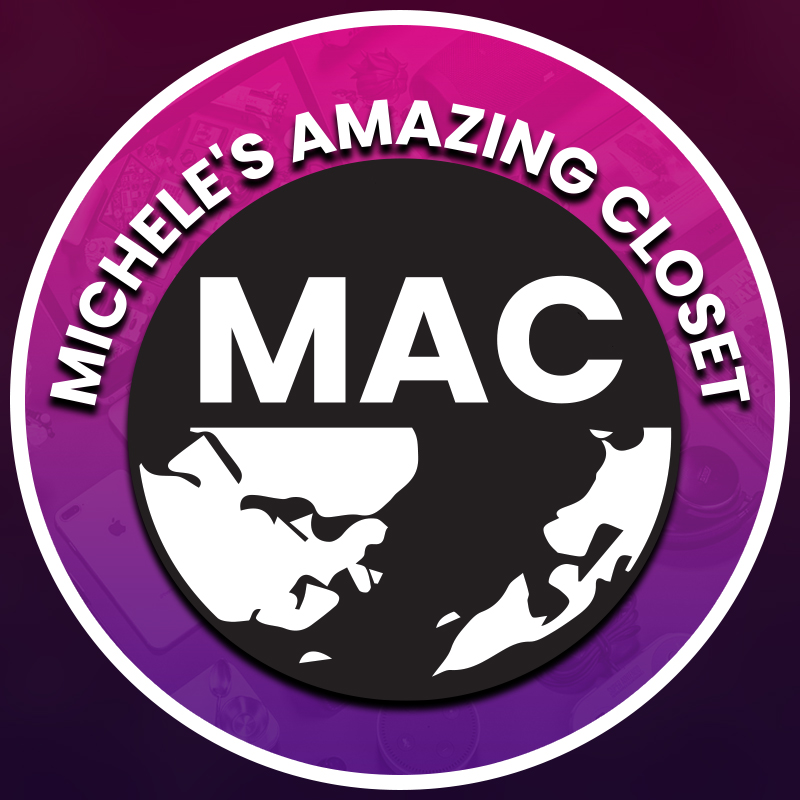
Akili Interactive, the company behind a video game-like prescription digital therapeutic for children with ADHD, reported its second-quarter earnings since expanding into the adult ADHD market in June with the release of its over-the-counter offering EndeavorOTC.
The Boston-based company reported $114,000 in revenue for the second quarter of 2023 compared to $113,000 in the first quarter of this year, with GAAP net loss of $11.8 million and non-GAAP net loss of $12.6 million in Q2 2023.
It noted a 27% growth in EndeavorRx prescriptions in the second quarter of 2023 compared to the first quarter of this year.
As of the end of the second quarter, the company reported cash, cash equivalents and short-term investments of $105.8 million and noted it has sufficient runway to run its current and planned operations through the first quarter of 2025.
Total GAAP operating expenses were $15.3 million for the second quarter of 2023 compared to $19.1 million in Q1 of this year, which the company said is primarily due to reducing its workforce in January and reduced stock-based compensation expenses. Non-GAAP total operating expenses were $13.1 million in Q2 2023 compared to $14 million in the first period of this year.
THE LARGER TREND
Since the first quarter of this year, Akili has expanded from the pediatric market with its FDA-cleared EndeavorRx to the adult market by offering an over-the-counter option for adults with ADHD dubbed Endeavor OTC.
During its second-quarter earnings call, its CEO, Eddie Martucci, said the company is looking to expand into the adolescent market and has an FDA review underway with EndeavorRx. It is also looking to seek FDA approval for its adult-focused over-the-counter offering.
“Based on what we’ve seen in the market thus far, we plan to pursue an FDA OTC regulatory path and commercial strategy for the adult market, and during this time, the product will remain on the market as we continue to optimize it,” Martucci said during the call.
“We believe the OTC business model has the potential to efficiently scale to a large market actively seeking treatment with significantly less friction compared to what we see in our prescription model and significantly less reliance on insurers. This move also places us at the forefront of a new societal shift to over-the-counter models for products that are clinically validated and safe.”

